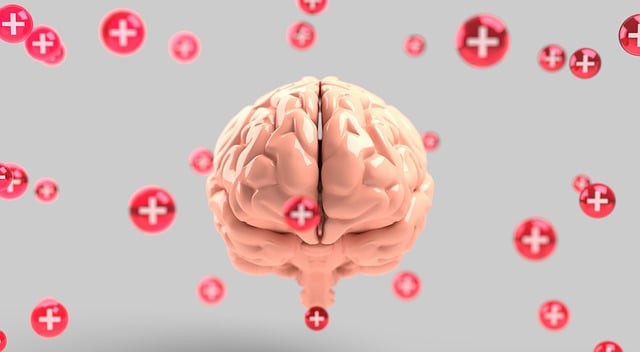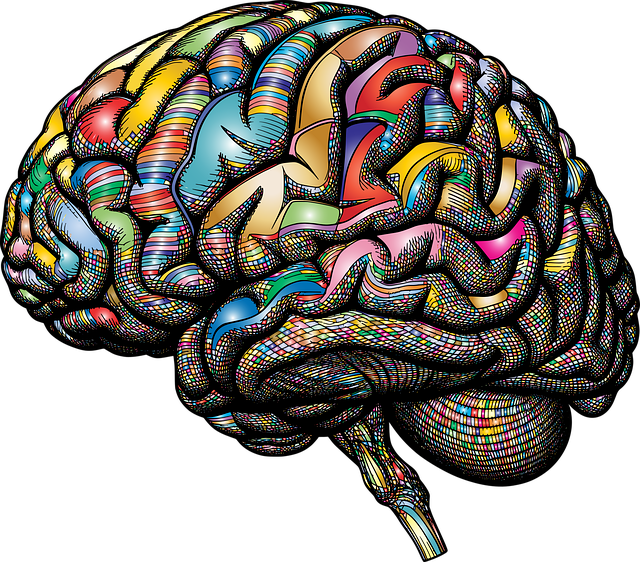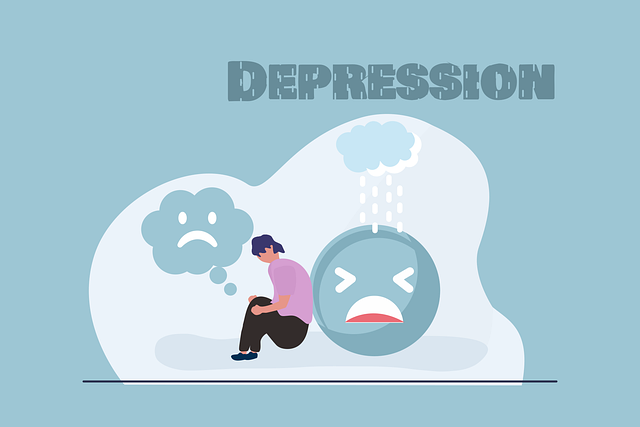Westminster Couples Counseling Therapy emphasizes emotion regulation as a cornerstone of mental well-being. Through specialized programs led by experienced therapists, individuals learn coping skills to handle intense emotions, manage stress, and build resilience. Techniques include mindfulness, meditation, journaling, self-care activities, and trauma support. Consistent practice enhances emotional intelligence, improves relationship dynamics, reduces burnout, and promotes overall mental health, empowering clients to respond calmly to life's challenges.
Emotion regulation techniques are essential tools for managing and understanding our feelings, leading to improved well-being. In this comprehensive guide, we explore the concept of emotion regulation and its significant role in mental health. We delve into the practices offered by Westminster Couples Counseling Therapy, providing a step-by-step approach to mastering these skills. From understanding emotional triggers to practical real-life applications, this article equips readers with strategies to enhance self-regulation and overall mental resilience. Discover how these techniques can transform your emotional landscape with the expert guidance of Westminster Couples Counseling Therapy.
- Understanding Emotion Regulation: Unraveling the Concept
- The Role of Westminster Couples Counseling Therapy in Teaching These Techniques
- Key Techniques to Master: A Step-by-Step Guide
- Practical Applications: Real-Life Examples and Exercises
- Benefits and Impact: Enhancing Well-being Through Self-Regulation
Understanding Emotion Regulation: Unraveling the Concept

Emotion regulation is a crucial aspect of mental well-being, enabling individuals to navigate life’s challenges with resilience and adaptability. At Westminster Couples Counseling Therapy, we recognize that understanding emotions and learning effective regulation techniques are essential skills for personal growth. This process involves recognizing, accepting, and managing one’s feelings in a healthy manner, ensuring they don’t overwhelm or control our actions.
Coping Skills Development is a key component of this journey. By teaching individuals strategies to cope with intense emotions, we empower them to respond rather than react impulsively. Through Stress Management Workshops Organization and Resilience Building exercises, clients can learn to identify triggers, modify thinking patterns, and adopt healthier emotional responses. These techniques are valuable tools for maintaining balance in daily life, fostering better relationships, and improving overall mental health.
The Role of Westminster Couples Counseling Therapy in Teaching These Techniques

Westminster Couples Counseling Therapy plays a pivotal role in teaching effective emotion regulation techniques. Through specialized programs and experienced therapists, this therapeutic approach equips individuals with powerful tools to manage their emotions healthily. The therapy focuses on fostering mental wellness by promoting self-awareness and understanding of one’s emotional responses. This process involves delving into the root causes of emotional distress, helping clients develop strategies to navigate challenging situations with resilience.
Incorporating Mind Over Matter Principles, Westminster Couples Counseling Therapy goes beyond traditional talk therapy. It encourages active participation through various exercises designed to enhance self-awareness and emotional intelligence. These practices enable individuals to recognize triggers, interpret feelings accurately, and respond thoughtfully rather than reacting impulsively. As a result, clients gain the confidence to apply these techniques in their daily lives, leading to improved relationships and overall well-being.
Key Techniques to Master: A Step-by-Step Guide

Mastering emotion regulation techniques is a crucial step towards enhancing mental well-being and fostering healthy relationships. At Westminster Couples Counseling Therapy, we offer tailored guidance to help individuals navigate their emotions effectively. Here’s a step-by-step guide to key techniques that can be life-changing.
Start by recognizing your triggers. Keep a journal to identify situations or thoughts that evoke strong feelings. Once identified, practice mindfulness and meditation to cultivate present-moment awareness, helping you respond rather than react. Engage in self-care activities like deep breathing exercises or physical movement to soothe your nervous system. Additionally, consider trauma support services for individuals with past traumatic experiences, as they can provide specialized emotional healing processes. Remember, these are tools to be learned and integrated into daily life; consistent practice will lead to significant improvements over time.
Practical Applications: Real-Life Examples and Exercises

Emotion regulation techniques are invaluable tools in everyday life, and their practical applications extend far beyond the counseling room. At Westminster Couples Counseling Therapy, we often teach our clients simple yet effective strategies to manage emotions in various scenarios. For instance, a client dealing with work stress might use deep breathing exercises during a challenging meeting to calm their nerves and make more rational decisions. Similarly, couples experiencing conflict can learn to de-escalate by taking breaks, ensuring clear communication, and employing active listening techniques.
These skills are particularly beneficial in navigating high-pressure situations like work deadlines or interpersonal arguments. Mental Wellness Coaching Programs Development focuses on empowering individuals with these tools for long-term mental wellness. By reducing emotional reactivity, people can decrease the risk of burnout prevention and even mitigate symptoms associated with mental illness stigma reduction efforts. Through practical exercises and real-life examples, individuals gain a sense of control over their emotions, leading to improved relationships and overall well-being.
Benefits and Impact: Enhancing Well-being Through Self-Regulation

Emotion regulation techniques teaching offers individuals a powerful tool for enhancing their mental wellness and overall well-being. By learning to manage their emotions effectively, people can reduce stress, anxiety, and depression, fostering better mental health outcomes. Westminster Couples Counseling Therapy emphasizes this as a core aspect of their crisis intervention guidance, recognizing that self-regulation is vital for navigating life’s challenges.
These techniques empower individuals to respond rather than react to stressful situations, leading to improved emotional resilience. Through empathy building strategies, clients develop a deeper understanding of their emotions and the underlying triggers, enabling them to make more intentional choices. The impact of this process is profound; it allows people to cultivate positive relationships, improve decision-making abilities, and achieve a greater sense of control over their lives.
Westminster Couples Counseling Therapy plays a pivotal role in teaching emotion regulation techniques, offering a structured approach to understanding and managing emotions. By delving into key strategies outlined in this article—from recognizing triggers to employing calming techniques—individuals can gain significant control over their emotional well-being. Practical applications and real-life examples provided serve as powerful tools for mastering these skills. Ultimately, embracing emotion regulation enhances overall mental health and fosters more fulfilling relationships, making it a valuable asset in today’s fast-paced world.














